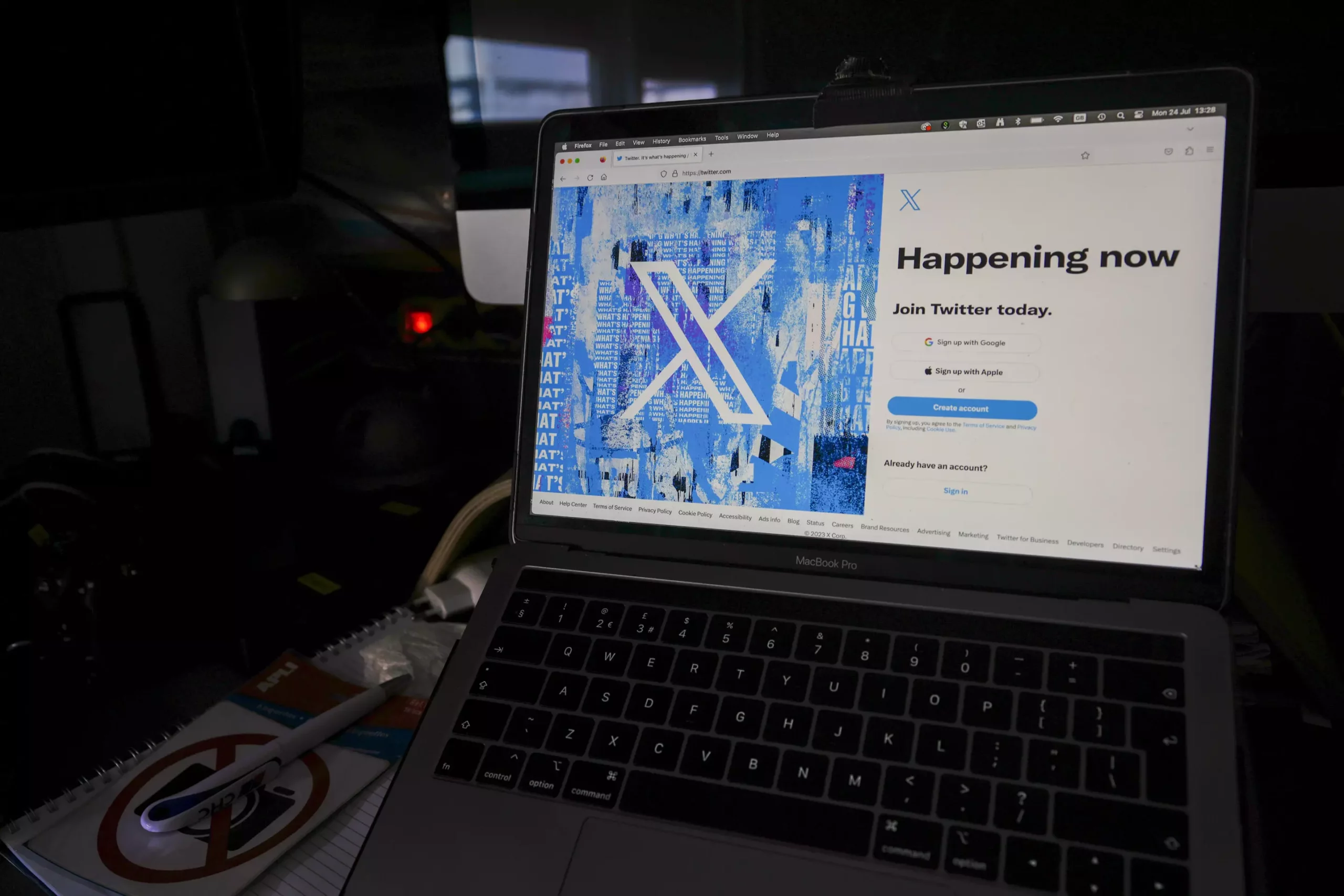The ongoing battle between Brazilian authorities and Elon Musk’s social media platform, X, has reached a new level of complexity. The Brazilian Supreme Court Justice Alexandre de Moraes has imposed additional conditions for the resumption of X’s services within Brazil, stifling what had already been a tumultuous relationship. This latest development underlines the intricate dance between technology and regulatory frameworks, particularly in nations like Brazil where free speech laws differ significantly from those in the United States.
Following X’s claims of compliance with previous orders, Justice de Moraes ruled that X would remain suspended until its affiliated satellite internet service provider, Starlink, withdraws its appeals related to the ongoing case. The ruling follows a series of escalating tensions over issues of free speech, misinformation, and the management of far-right accounts on social media platforms. For nearly a month, X has been inaccessible in Brazil, a key market boasting over 20 million users—an alarming scenario for a platform seeking to expand its global footprint.
The implications of this ruling are multifaceted. First, they reflect the Brazilian judiciary’s commitment to enforcing local laws pertaining to online speech. Specifically, de Moraes has tied the fate of X to Starlink, showcasing his view that both entities constitute a single economic group. Legal experts have been critical of this perspective, questioning the validity of this rationale. Nevertheless, the imposed fine of 10 million Brazilian reais (approximately $1.84 million) adds financial pressure to an already fraught situation.
The ongoing standoff has sparked a heated debate regarding censorship versus regulation. Musk and his supporters have labeled de Moraes as an authoritarian figure, claiming that his rulings suppress free expression. This narrative, however, obscures the reality that Brazil’s legal framework is considerably different from that of the United States, where much of Musk’s prior influence has been exercised. Brazilian lawmakers and judicial authorities are determined to maintain a balance between free speech and the prevention of misinformation, refusing to simply capitulate to the demands of a foreign billionaire.
The relationship has deteriorated to a point where X, opting to sever ties with its Brazilian staff, faces growing isolation in the region. In a dramatic reversal, the company has stated its intention to comply with Brazilian law, a move that raises questions about Musk’s commitment to the principles of free speech that he often espouses.
Financial repercussions are also at the forefront of this conflict. With fines in excess of $3 million accumulated, and additional penalties being levied against its legal representative, X is potentially facing a substantial financial burden. While Musk’s financial prowess might make these fines seem trivial, they represent a significant setback against the backdrop of a highly competitive social media landscape, especially in an emerging market like Brazil.
The judge’s decision to leverage Starlink’s assets to cover X’s fines effectively intertwines the fates of these two companies, posing a risk that could ripple through their operations in the region. The implications of such a ruling extend beyond just financial concerns; they touch upon fundamental principles of governance and the legal mechanisms at play when global businesses venture into local jurisdictions.
As both parties navigate these treacherous legal waters, the outlook remains uncertain. X’s assertion that it is “committed to protecting free speech within the boundaries of the law” indicates a willingness to engage with Brazilian authorities; however, the entanglement with restrictive legal conditions complicates compliance efforts. Moving forward, X has a crucial decision to make: whether to acquiesce to Brazilian demands or to continue battling for what it sees as an unassailable right to operate freely.
For Brazil, these proceedings serve as a cautionary tale about the intersection of global business practices and local law. The implications for digital governance, freedom of expression, and corporate accountability are profound, and the outcomes could serve as precedent-setting cases for how similar disputes may be handled in the future. As Musk’s X tries to navigate this maze of legal intricacies, the world will be watching to see how technology companies adapt to increasingly complex regulatory environments.


Leave a Reply